20 Common Foods That May Be Clogging Your Arteries Without You Realizing It
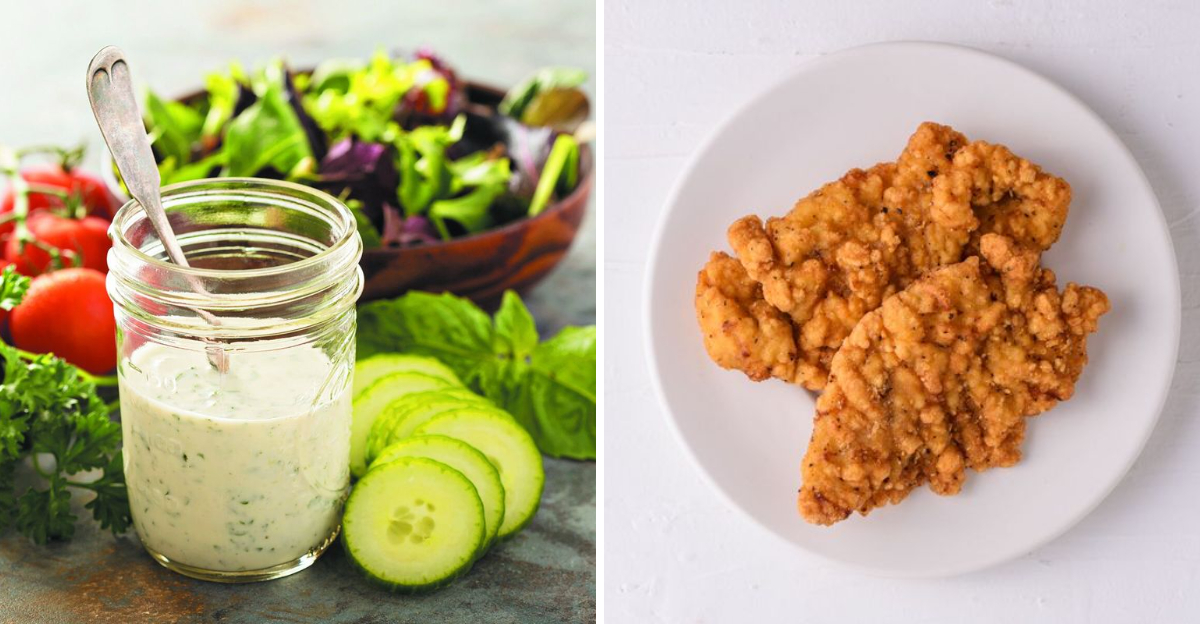
Many of the foods we enjoy daily might be silently contributing to arterial plaque buildup. This article highlights 20 common foods that are often overlooked as culprits. Understanding these can help you make healthier dietary choices.
1. Processed Deli Meats

Processed deli meats, like ham and salami, might seem convenient. However, they’re packed with sodium and preservatives. Even ‘lean’ options can be deceptive. Saturated fats lurk in these meats, adding to arterial concerns.
Their appealing texture and flavor come at a health cost. The frequent consumption of these meats can lead to increased blood pressure and cholesterol levels. Over time, these contribute to plaque buildup in arteries.
Choosing fresher options or reducing consumption can significantly improve heart health. Awareness is the first step towards healthier living.
2. Packaged Muffins and Pastries

Packaged muffins and pastries are morning favorites. Despite their allure, they’re often filled with refined carbs and sugars. Trans fats in these treats promote inflammation and plaque formation.
Healthy-looking labels can be misleading. These snacks may spike blood sugar levels, causing arterial damage. Over time, they contribute to chronic health issues.
Opt for homemade versions with whole ingredients. This simple switch can help protect your heart from harmful additives found in store-bought goods.
3. Fast-Food French Fries

French fries, a fast-food staple, are undeniably tasty. But they come with a hidden health risk. Often fried in processed oils, they might be cooked in reused fryer oil, loaded with trans fats.
This combination poses a double threat to your arteries. These fats can lead to inflammation and plaque buildup, increasing the risk of heart disease.
Moderation is crucial when it comes to these golden delights. Opting for baked versions or smaller portions can mitigate some of the risks associated with frequent consumption.
4. Margarine (Stick Form)

Once hailed as a butter alternative, margarine has its pitfalls. Many stick forms contain partially hydrogenated oils, which are trans fats.
These trans fats are notorious for harming heart health. They elevate bad cholesterol while lowering good cholesterol, increasing heart disease risk.
Switching to softer, non-hydrogenated versions or natural butter in moderation could be wiser choices. Understanding labels and ingredients can guide you to healthier options.
5. Fried Chicken

Fried chicken is a comfort food for many. Its crispy coating, though, is often a saturated fat hotspot.
Typically deep-fried in oils that clog arteries, the delicious crust masks health dangers. Regular consumption can lead to elevated cholesterol levels.
Switching to baked or grilled versions can provide the same satisfaction without the arterial risk. Exploring diverse preparation methods could enhance both flavor and health.
6. Cream-Based Salad Dressings
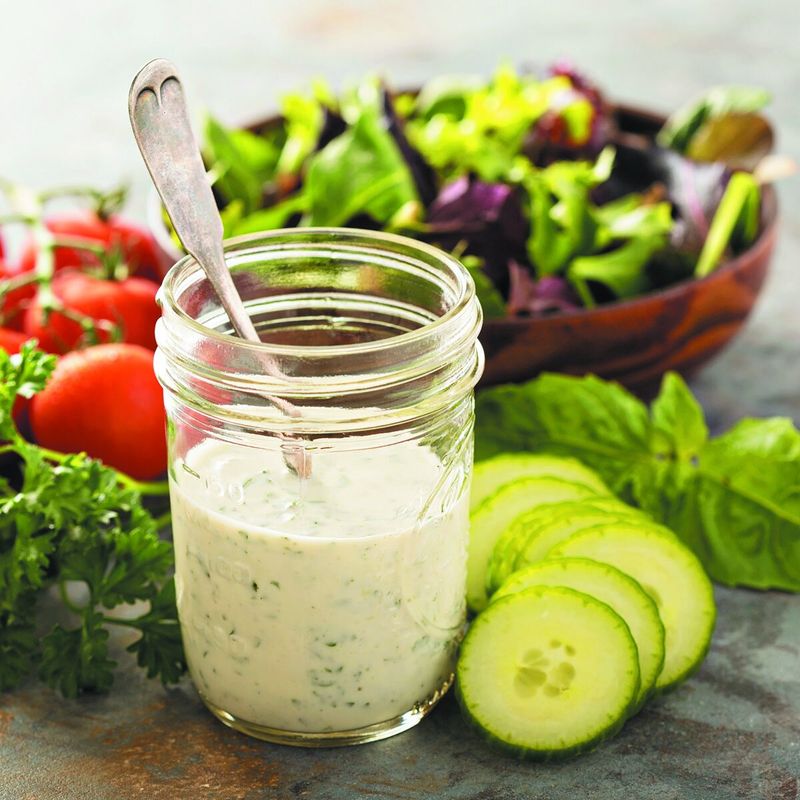
Creamy dressings like ranch and Caesar add zest to salads. Yet, they’re rich in saturated fats and sodium.
These ingredients can contribute to high cholesterol and blood pressure. The creamy texture is appealing, but moderation is essential.
Opting for vinaigrettes or homemade dressings can reduce these risks. Simple swaps make a big difference in promoting heart health.
7. Whole Milk Dairy (In Large Amounts)

Whole milk products, like cheese and butter, offer rich flavors. However, they’re high in saturated fats.
Large amounts can lead to cholesterol issues, affecting heart health. Moderation is the key to enjoying these dairy delights.
Switching to low-fat versions or controlling portions can keep your heart in better shape. Awareness of dietary habits can lead to healthier choices.
8. Microwave Popcorn (With Butter Flavoring)

Microwave popcorn offers convenience and flavor. Many brands, though, use trans fats and artificial additives.
These ingredients can damage arteries, contributing to heart disease. The buttery aroma is enticing but comes with health risks.
Choosing air-popped versions or those with minimal additives can be a healthier option. A little mindfulness goes a long way in protecting your heart.
9. White Bread and Refined Grains

White bread and refined grains are dietary staples. Yet, they can spike blood sugar and increase inflammation.
These factors contribute to arterial plaque over time, raising heart disease risk. The soft texture and taste often overshadow these health concerns.
Integrating whole grains into your diet can provide a healthier alternative. Small changes can lead to significant heart health improvements.
10. Sugary Breakfast Cereals
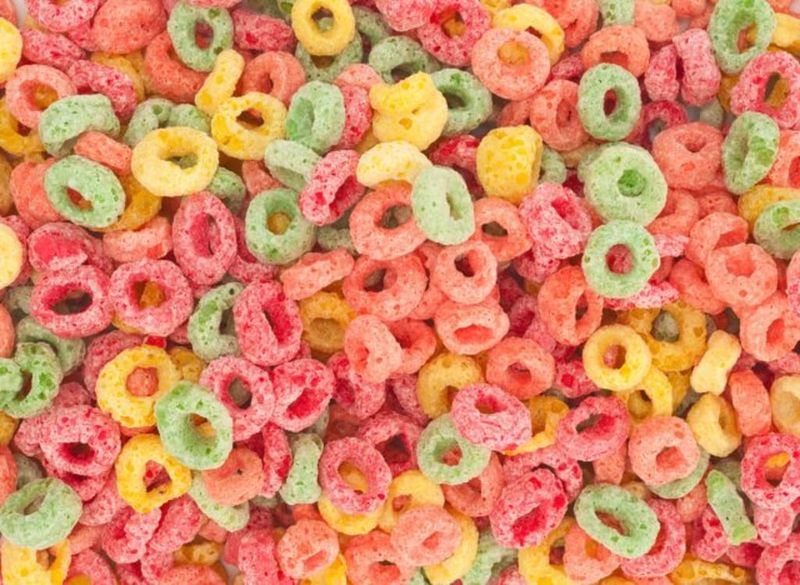
Sugary cereals are a morning go-to for many. Yet, processed grains combined with sugar are a double trouble.
These cereals can lead to blood sugar spikes, contributing to arterial plaque. Even ‘whole grain’ labels can be deceiving.
Opting for less sugary versions or oatmeal can be a better choice. A balanced breakfast promotes long-term heart health.
11. Energy Drinks
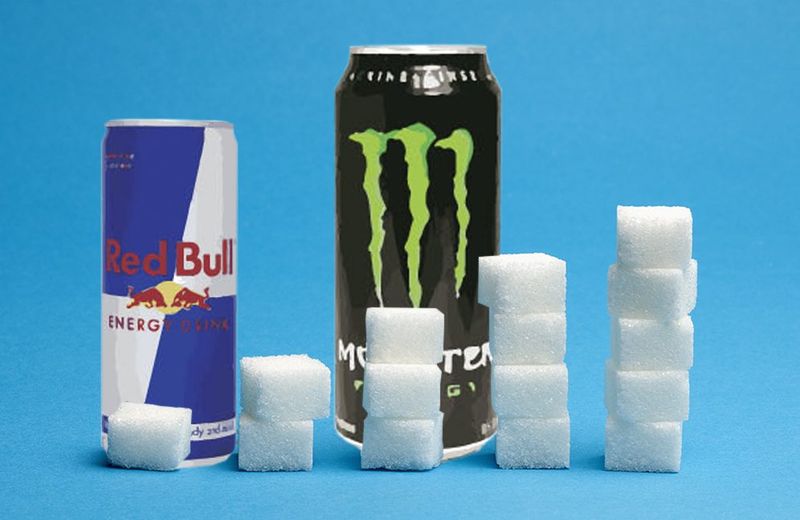
Energy drinks provide a quick boost but at a cost. They’re loaded with sugar and stimulants.
These ingredients can raise blood pressure and strain arteries over time. The immediate energy comes with long-term health risks.
Switching to natural sources of energy, like fruits, can mitigate these effects. Being informed about your drink choices enhances both energy and health.
12. Ice Cream (Frequent or Large Portions)

Ice cream offers a sweet indulgence loved by many. However, frequent consumption or large portions can be harmful.
High in saturated fat and sugar, ice cream contributes to cholesterol buildup. These delicious scoops can overshadow their health impact.
Enjoying in moderation or choosing lighter versions can balance enjoyment and health. Small adjustments lead to better heart outcomes.
13. Canned Soup (High-Sodium Brands)
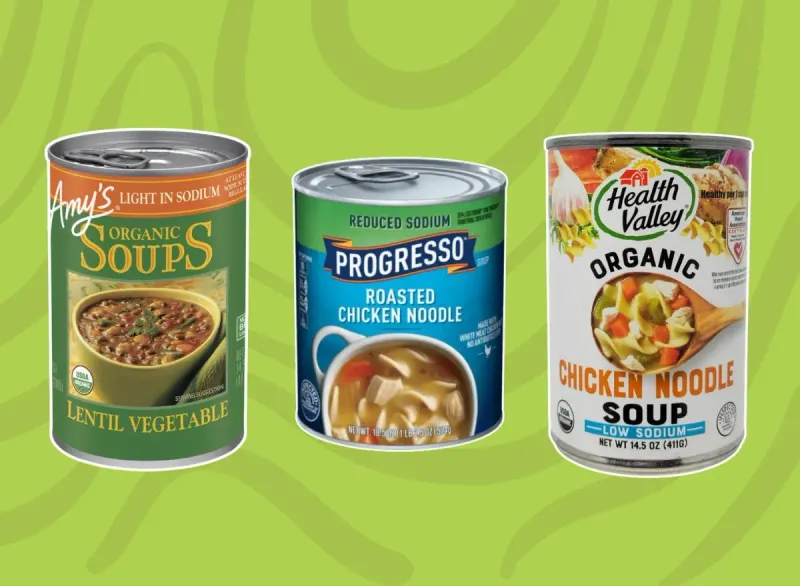
Canned soups are convenient meal options. However, many brands are high in sodium.
Excess sodium increases arterial stiffness, affecting heart health. The warm comfort of soup masks its potential dangers.
Opting for low-sodium versions or homemade soups can mitigate these risks. Simple dietary changes support a healthier heart.
14. Bacon and Sausage
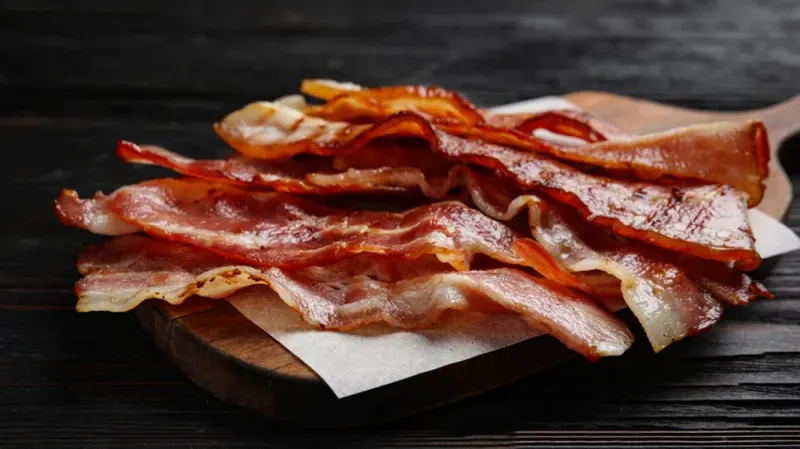
Bacon and sausage are breakfast favorites. Yet, they’re full of saturated fat and sodium.
These ingredients contribute to cholesterol issues and heart disease. The savory taste often overshadows their health impact.
Exploring lighter breakfast options can promote heart health. Every meal choice contributes to a healthier lifestyle.
15. Frozen Pizza

Frozen pizza offers convenience but with health risks. Refined crust and processed meat pose threats.
These ingredients contribute to arterial plaque and heart disease. The cheesy delight often masks its health concerns.
Opting for fresh or homemade versions can be healthier. Simple swaps enhance both flavor and health.
16. Creamy Coffee Drinks

Creamy coffee drinks offer indulgence with a hidden cost. High sugar and fat content pose heart risks.
These drinks contribute to sugar overload and cholesterol issues. The comforting taste often overshadows these concerns.
Choosing simpler coffee options promotes heart health. Small adjustments enhance both taste and well-being.
17. Peanut Butter (Hydrogenated Brands)
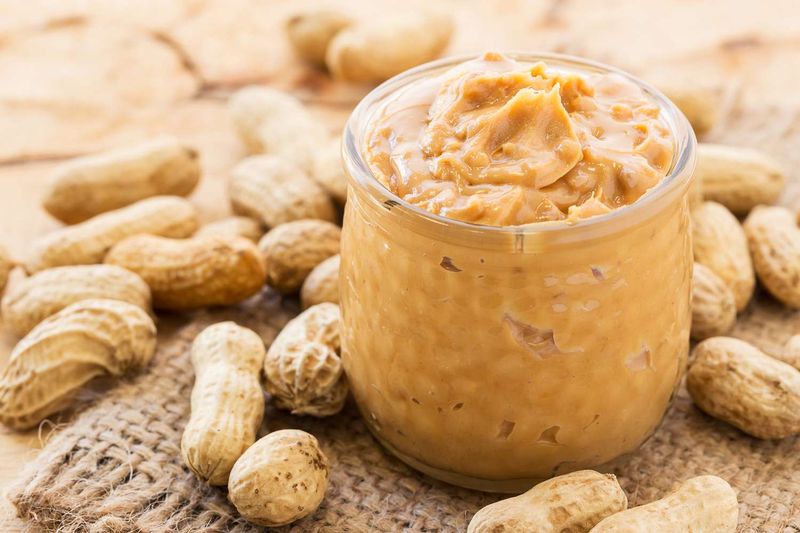
Peanut butter is a pantry staple but check the brand. Hydrogenated oils and added sugars sneak in trans fats.
These fats harm heart health, affecting cholesterol levels. The creamy texture often hides these dangers.
Opting for natural versions with minimal additives supports a healthier heart. Being label-conscious improves dietary choices.
18. Instant Ramen Noodles
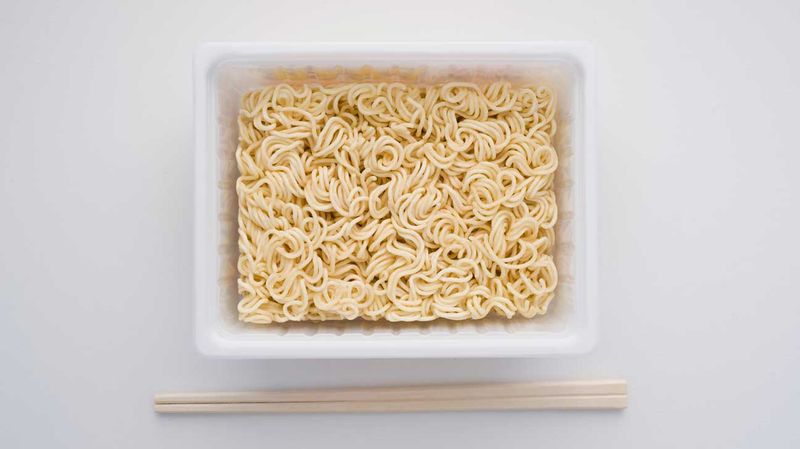
Instant ramen offers quick satisfaction but at a health cost. High in sodium and refined carbs, they pose risks.
These ingredients can lead to elevated blood pressure and artery strain. The convenient meal often overshadows its health impact.
Choosing lower-sodium or homemade options can mitigate these effects. Small changes lead to better heart health.
19. Store-Bought Baked Goods

Store-bought baked goods are tempting but come with pitfalls. Shortening and margarine hide trans fats.
These fats contribute to arterial plaque and heart disease. The sweet treats often mask these health concerns.
Opting for homemade versions can reduce these risks. Being mindful of ingredients supports heart health.
20. Chicken Skin (Especially Fried)

Chicken skin offers flavor but with health risks. High in saturated fat, especially when fried, it poses heart threats.
These fats contribute to cholesterol buildup and heart disease. The savory taste often hides these concerns.
Opting to remove skin or choosing grilled options can be healthier. Simple choices support a healthier heart.
